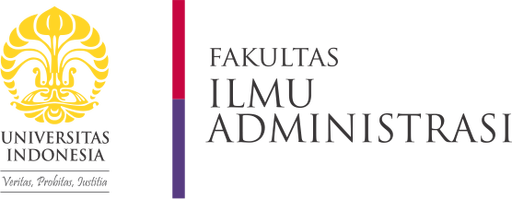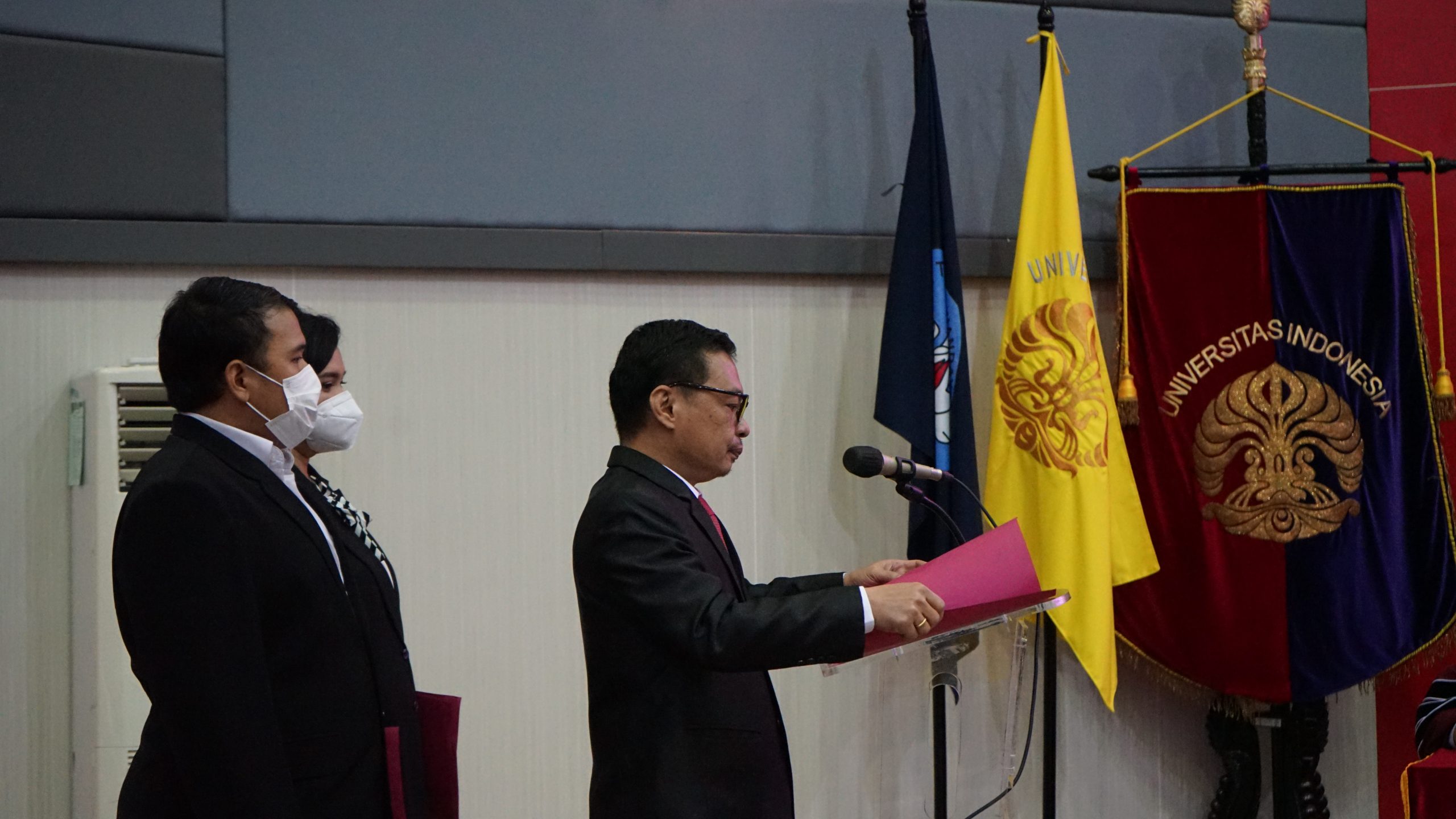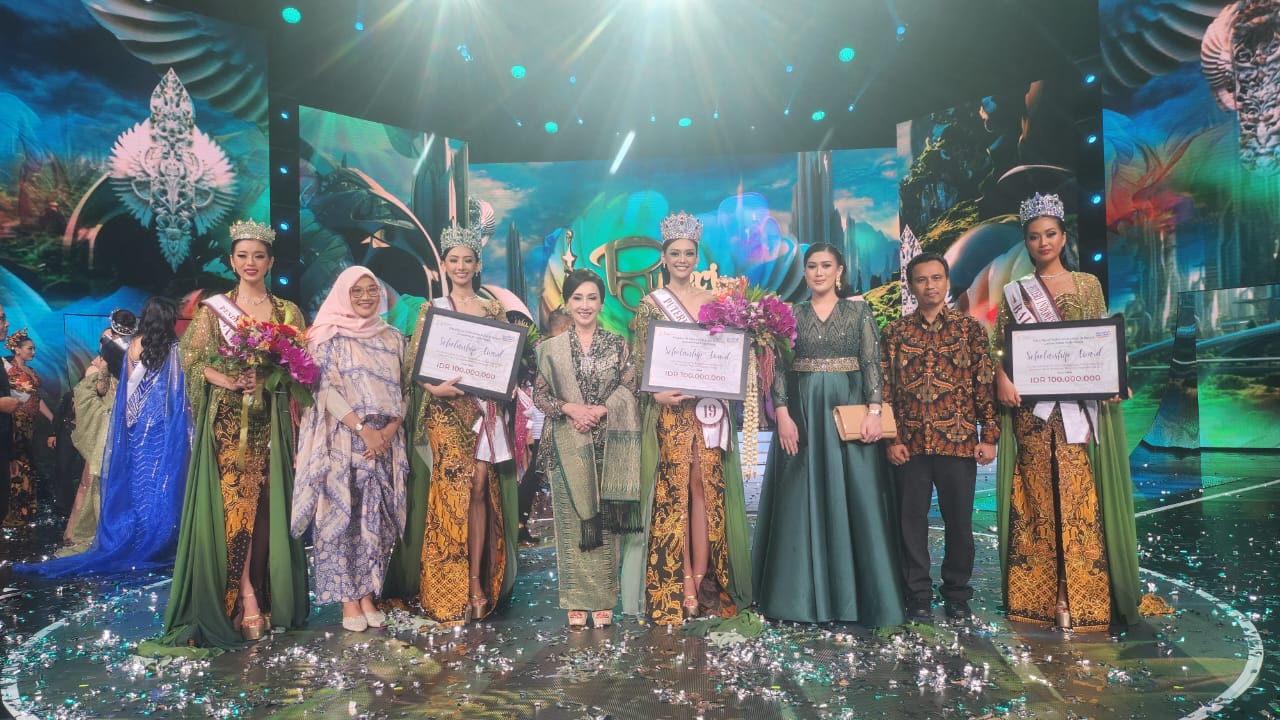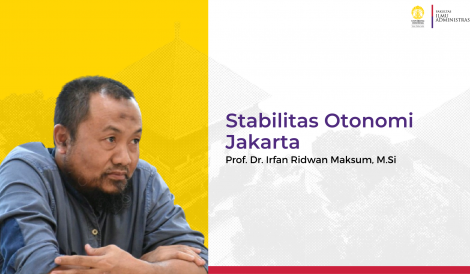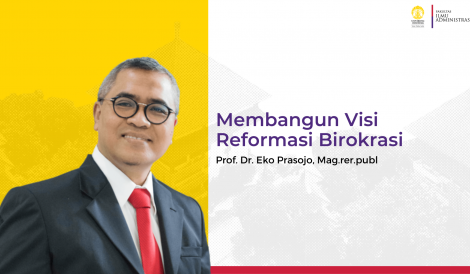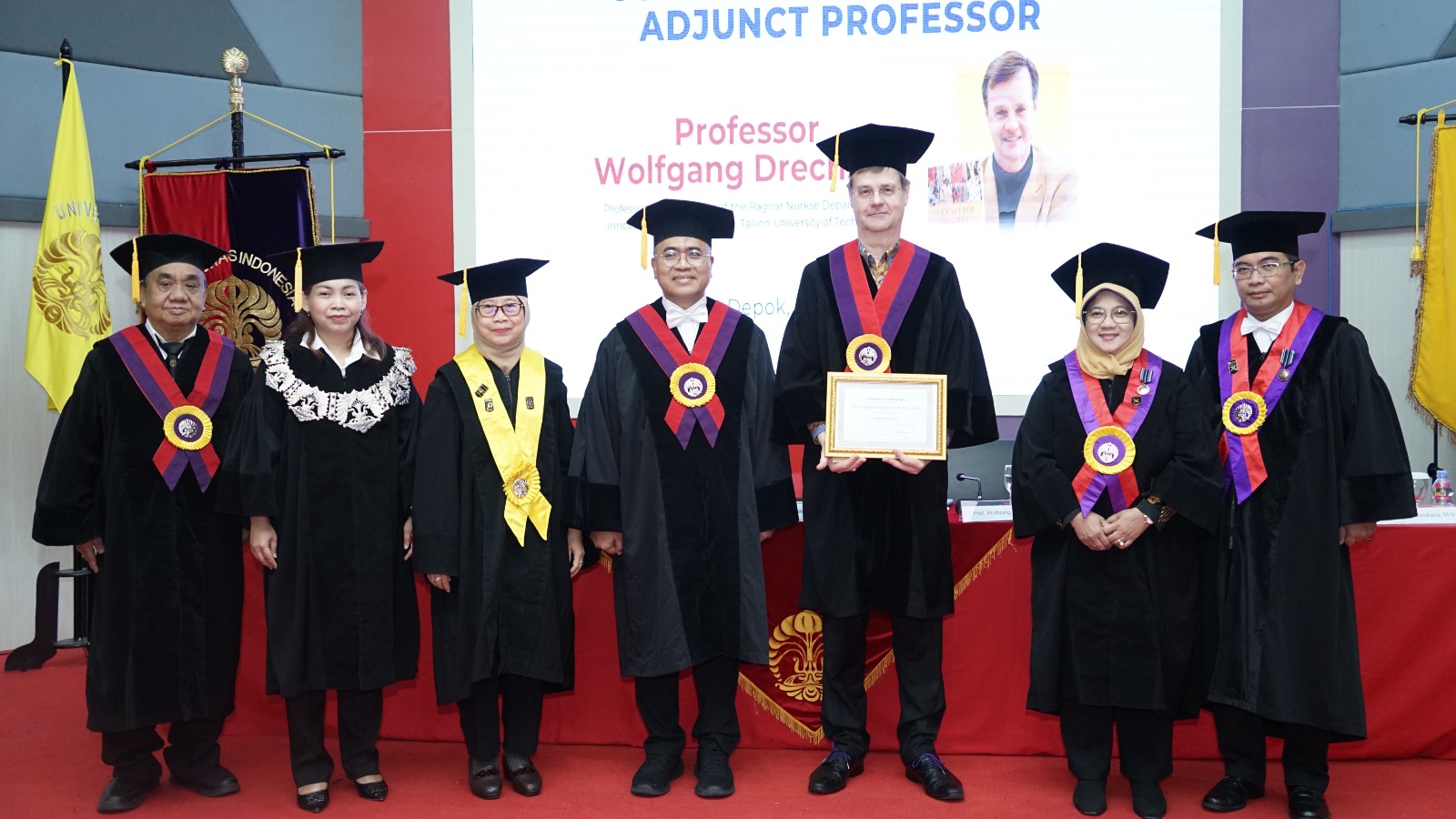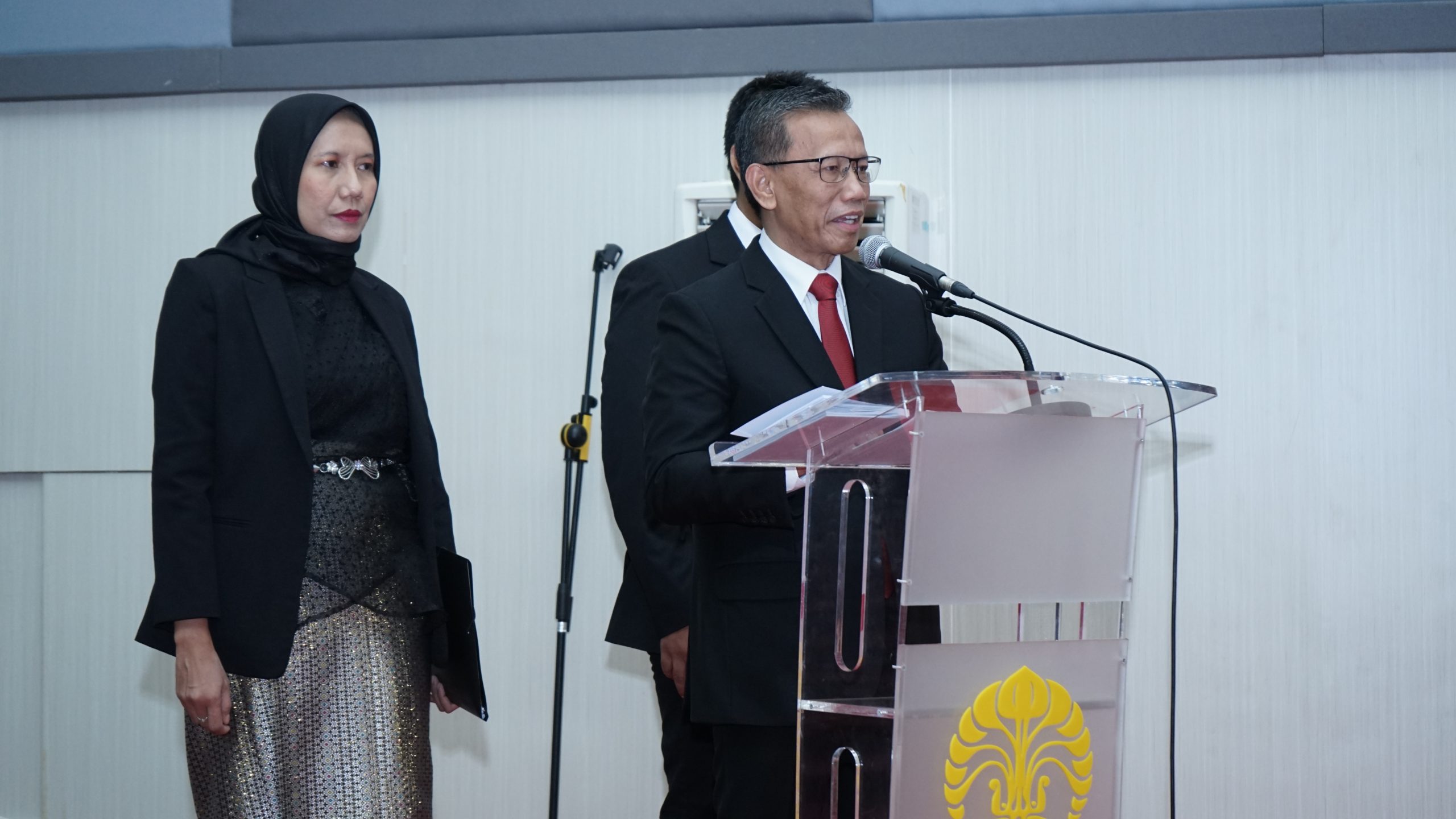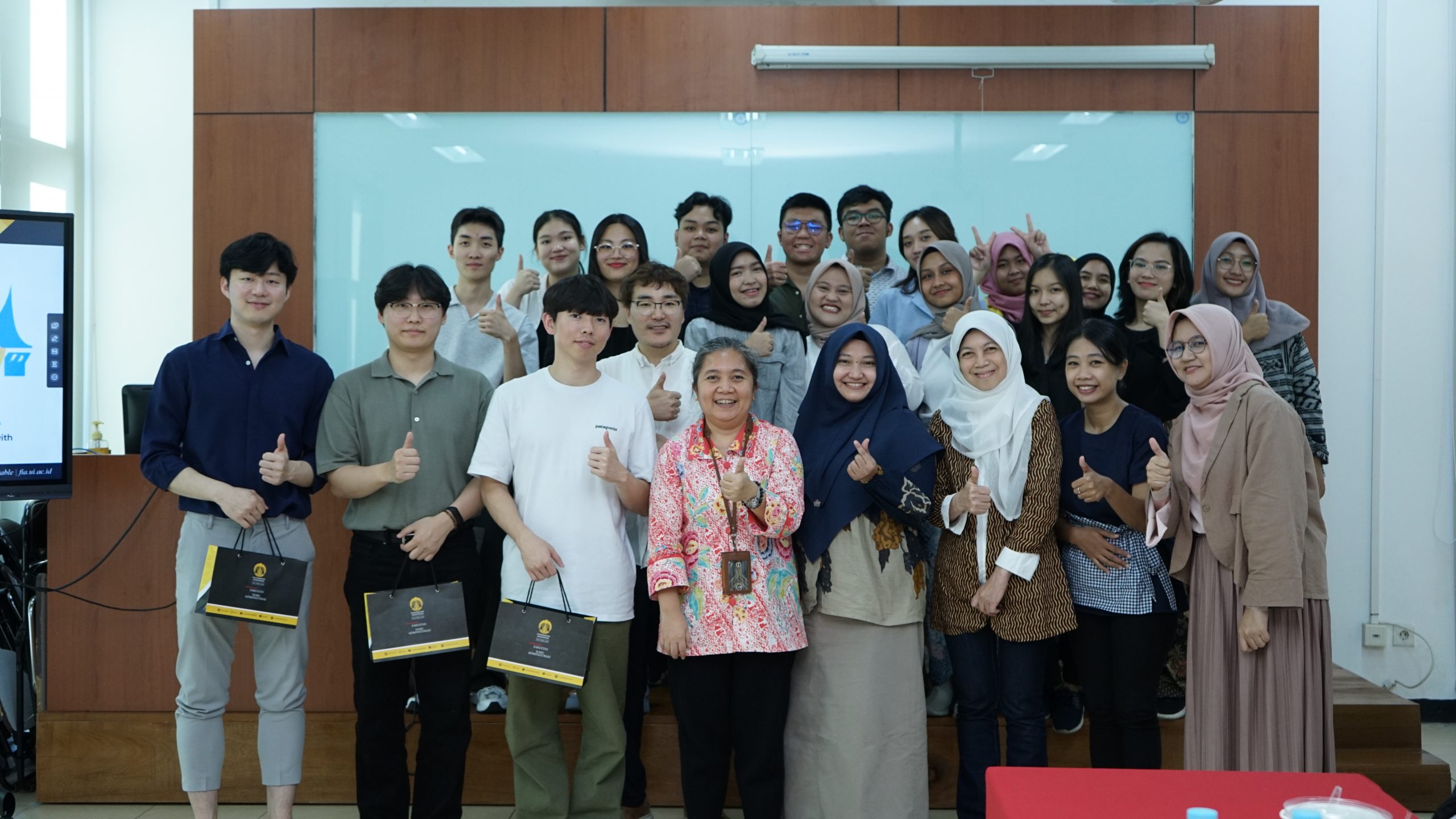Technology and physics, open data, governance, business, and experience layers that can be accessed on mobile phones are the five layers that need to be developed to form an effective Smart Tourism Policy. In addition, the social transformation policy is also crucial because the people of Samosir Regency have yet to become a tourism society. For this reason, social transformation is needed, from mindset to behaviour, in various ways, including social innovation.
This was conveyed by Dr. Elitua H. Simarmata, ST., ME., at a doctoral promotion session in the field of Administrative Science, Postgraduate Program in the Faculty of Administrative Sciences, University of Indonesia, Friday (9/12/2022) afternoon at the 2020 Edition Auditorium, Building M lt .4 UI FIA.
“To achieve better sustainable power, other policies are needed, such as planning, infrastructure, promotion, revitalization of natural and cultural assets, collaboration, government incentives and facilitation, waste handling, crisis management, and capability building. The policy of social transformation through social innovation is the most fundamental,” said Elitua.
Samosir Regency is one of the national priority tourism destinations, which is predicted to become the new Bali. However, this dream is still far from reality. The Samosir destination has yet to achieve the expected sustainable targets economically, socioculturally, environmentally and institutionally. Therefore, the tourism ecosystem in North Sumatra still requires massive changes from various sides, including policy effectiveness to increase tourism competitiveness, which still needs to be more significant.
“The total number of tourists visiting Kab. Samosir in 2019 is only about 5% of Badung. Its market size is only 1.3% of Badung. The ratio of foreign and domestic tourists decreased from 19.5% in 2015 to 12.2% in 2019. The number of foreign tourists grew by negative -22.4% in 2019. There has been a downward trend in tourist spending from Rp. Nine hundred twenty-eight thousand in 2016 to Rp. 566 thousand in 2019. It can be said that the sustainable competitiveness of Samosir tourism has not increased significantly, even though policy interventions have been very massive,” said Elitua.
Elitua stated that the competitiveness of Samosir’s sustainable tourism had remained relatively high due to 3 subsystemic characteristics (archetypes):
- The quality gap growth limit.
- Failed infrastructure improvement and promotion.
- The general tragedy of lake pollution.
Thus, it has yet to be able to meet consumer buyers.
Government policy, said Dr. Elitua, needs to be changed with a priority on enabling tourism actors to transform VRIO resources and capabilities into a unique travel experience to achieve sustainable competitiveness.
In this doctoral promotion session, Dr. Elitua H. Simarmata, ST., ME., succeeded in becoming a doctorate from the 22nd Doctoral Program in the Faculty of Administrative Sciences, University of Indonesia and graduated from the 210th Administrative Sciences with cum laude graduation.
For information, the doctoral promotion session Dr. Elitua is chaired by Prof. Ir. Bernardus Yuliarto Nugroho, MSM., Ph.D with promoter Prof. Dr. Ferdinand D. Saragih, M.A (late) and Dr. Retno Kusumastuti M.Si; co-promoter: Prof. Dr. Chandra Wijaya M.Sc., MM .; examiner: Prof.Dr.Sapta Nirwandar, SE; Prof. Dr. Martani Huseini; Prof. Drs. Azhar Kashim, MPA, PhD.
